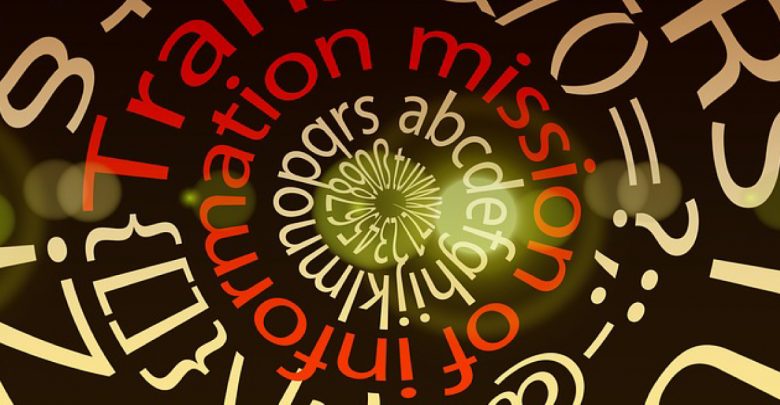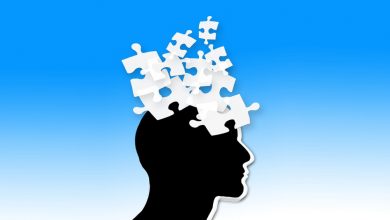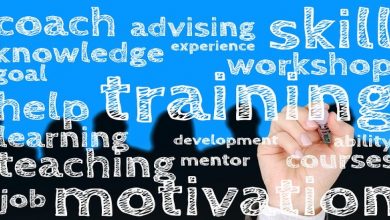Learning and Transfer in my training
The processes of learning and the transfer of learning are central to understanding how people develop important competencies.

Learning is important because no one is born with the ability to competently function as an adult in the society. It is especially important to understand the kinds of learning experiences that lead to transfer, defined as the ability to extend what has been learned in one context to new contexts (e.g., Byrnes, 1996:74). Educators hope that students will transfer learning from one problem to another within a course, from one year in school to another, between school and home, and from school to the workplace. Assumptions about transfer accompany the belief that it is better to broadly “train” people than simply “train” them to perform particular tasks (e.g., Broudy, 1977). The holistic approach in learning is very important as well as how the learning will be transferred and how would it be a part of the personal and professional reflection of the trainers.
I chose this tool because it helps to reflect before preparing any learning experience and to be more focused on different conditions that could happen in the training, which could help or prevent learners to get the best out of this experience.
The trainers should be aware of the fact that their approach should lead to a change and this would happen only when there is a true process of transferability from concepts to application.
Main content:
Some guiding considerations about how we are going to transfer knowledge to the learners in our activities that can help direct our mindset in preparing our modules.
- Initial learning is necessary for transfer, and a considerable amount is known about the kinds of learning experiences that support transfer.
- The knowledge that is overly contextualized can reduce transfer; abstract representations of knowledge can help promote transfer.
- The transfer is best viewed as an active, dynamic process rather than a passive end-product of a particular set of learning experiences.
- All new learning involves transfer based on previous learning, and this fact has important implications for the design of instruction that helps students learn.
The transfer is always a function of relationships between what is learned and what is tested. Many theorists argue that the amount of transfer will be a function of the overlap between the original domain of learning and the novel one. Measuring the overlap requires a theory of how knowledge is represented and conceptually mapped across domains.
In the context of Non-Formal Learning, we should pay attention to Active Versus Passive Approaches to Transfer
It is important to view the transfer as a dynamic process that requires learners to actively choose and evaluate strategies, consider resources, and receive feedback.
Why the active approach is so important in the Transferability of knowledge?
This active view of transfer is different from more static views, which assume that transfer is adequately reflected by learners’ abilities to solve a set of transfer problems right after they have engaged in an initial learning task (Bransford and Schwartz, 1999; Brown et al, 1983; Bruer, 1993).
LEARNING AS TRANSFER FROM PREVIOUS EXPERIENCES
The learning is becoming much stronger when the trainer can build over experiences that the learners had already consolidated in their path. This learning will be stronger and they will be able to apply it in their practices directly.
The knowledge that is taught in only a single context is less likely to support flexible transfer than the knowledge that is taught in multiple contexts. With multiple contexts, learners are more likely to abstract the relevant features of concepts and develop a more flexible representation of knowledge.
All new learning involves transfer. Previous knowledge can help or hinder the understanding of new information
HINTS
In this sense a trainer should be able to develop concepts and training elements that should be taken into consideration:
• To be understood to use by all, not be exclusive
• To use non-specialized but precise language that provides clear
and convivial messages
To allow for additions, comments, appropriations and adaptations by everyone
• To be attractive, interactive and dynamic
• To facilitate the “voyage”, the transformation
• To provoke and force learners out of their comfort zone
• To destabilize without being frightening
• To search for balance and an individual and collective understanding
• To give a sense
Exercises:
How to apply it in everyday life?
- Observe in daily life as experiences can make a different understanding of reality;
- Try to see how different people around you are putting attention in very different ways to the same provided information.
Reflection questions:
- How much am I aware of the importance of assessing session for a better learning transferability?
- Do I care about the balancing active and reflective methods in the training?
- How can I improve in designing sessions for supporting more effective learning by participants?
- What should I improve taking into consideration the Hints above?






